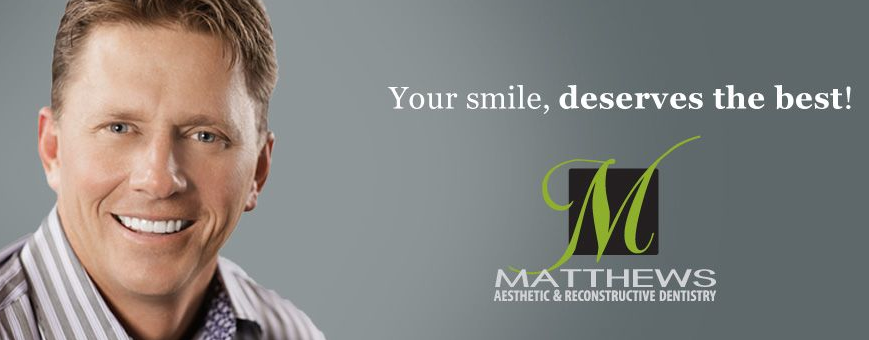 |
| Photo Credit: Neurosciencestuff.tumblr.com |
When I was a kid, I remember thinking my dad was sort of a grumpy guy... and also somehow secretly related to BYU coach LaVell Edwards (though he never seemed to show up at any family reunions, much to my disappointment). Partly it’s because my dad has really big, black, furrowy eyebrows, but mostly it’s because half the time he looks EXACTLY like Coach Edwards in the 4th quarter of a game there’s no hope of winning. You know the frown I’m talking about!
 |
| Photo credit: The Sports Bank.net |
Over and over my dad would say, “I am happy! I just forgot to tell my face.” And still, people would mistake him as one orney fella. (If you know him at all, nothing could be farther from the truth!)
So what’s the big deal about smiling? Well, as it turns out, smiling is crazy good for you and there’s research to prove it. Here are just a few things smiling can do for you:
1. Lower Heart Rate – Smiling slows the heart and relaxes the body. This lets the heart work without overworking. People who smile and laugh often are less likely to develop heart disease. Smiling reduces blood pressure temporarily, too. My frowny-faced dad? He just had a heart attack...Might be something to this, right?
2. Reduce Stress – Stress is a common problem in the modern world that causes a myriad of health problems. Stress relief may be as simple as smiling a little more throughout the day. Smiling releases endorphins that counteract and diminish the stress hormones. It also costs less than new shoes and works faster than the speed of chocolate! Now, that’s a mood booster!
3. Increase Productivity – So your boss just handed you a whole stack of things to do by the end of the day? Instead of rolling your eyes before you dig in, try smiling! Smiling has been shown to increase productivity while performing tasks. There’s truth to the “whistle while we work” mentality. This also explains why silly internet memes and pictures of cute animals can actually get people motivated and working harder after a few moments of smiling or laughter.
4. Encourage Trust – Studies show that we are more trustful of others when they smile and smile genuinely. Trust is an important part of social health when dealing with people, whether they be loved ones or just acquaintances. Seems relationships are truly built on smiles.
5. Kill Pain – Smiling and laughter both have been shown to lessen pain. They release endorphins that lift our moods, but many of these act as natural painkillers, too. Now, don’t get crazy and skip the doctor next time you fall off a ladder, you can’t smile your way out of that one! But smiling lends to our general sense of well-being, which helps us forget our minor aches and pains.
6. Increase Attention – Stress limits our perceptions and narrows our attention. Our body kicks into fight or flight mode where we can focus only on one of those things. Smiling counteracts this and widens our attention again, opening us back up to multitasking and insights that come from the fringes of our perception and our subconscious.
7. Build Attraction – Smiling makes people more attractive. This seems to be especially true for women. Men are more likely to approach a woman who smiles than one who simply makes eye contact while women aren’t necessarily drawn in by a smile alone.
8. Look Younger – Smiles naturally lift the face and in studies have shown to make people look younger, around 3 years younger on average. Go ahead, use a little less face cream. Your face is naturally beautiful when you’re smiling. The other day, my co-worker guessed that I was 8 years OLDER than I am. If I wasn’t frowning before, I sure was after he said that! But I’ll confess, I forget to tell my face I’m happy every once in awhile, too.
9. Longevity – The effects of a good smile extend past just the exterior good looks. People who smile more often live longer too, around 7 years longer than most according to one study. It releases stress, helps the heart, and much more to keep you healthy longer. There it is again! That old smile to heart connection!
10. Contagious – Around 50% of people smile back. This spreads the health benefits throughout those around you and it comes back to you several times as well. Try it this week. Smile at every person you encounter. I’m willing to bet you’ll make at least one person’s day... and your own!
So go ahead and get your smile on! You’ll look younger, feel better, and gosh-darn-it, people will like you more! And don’t forget to take good care of your smile! After all, it’s taking good care of you!





